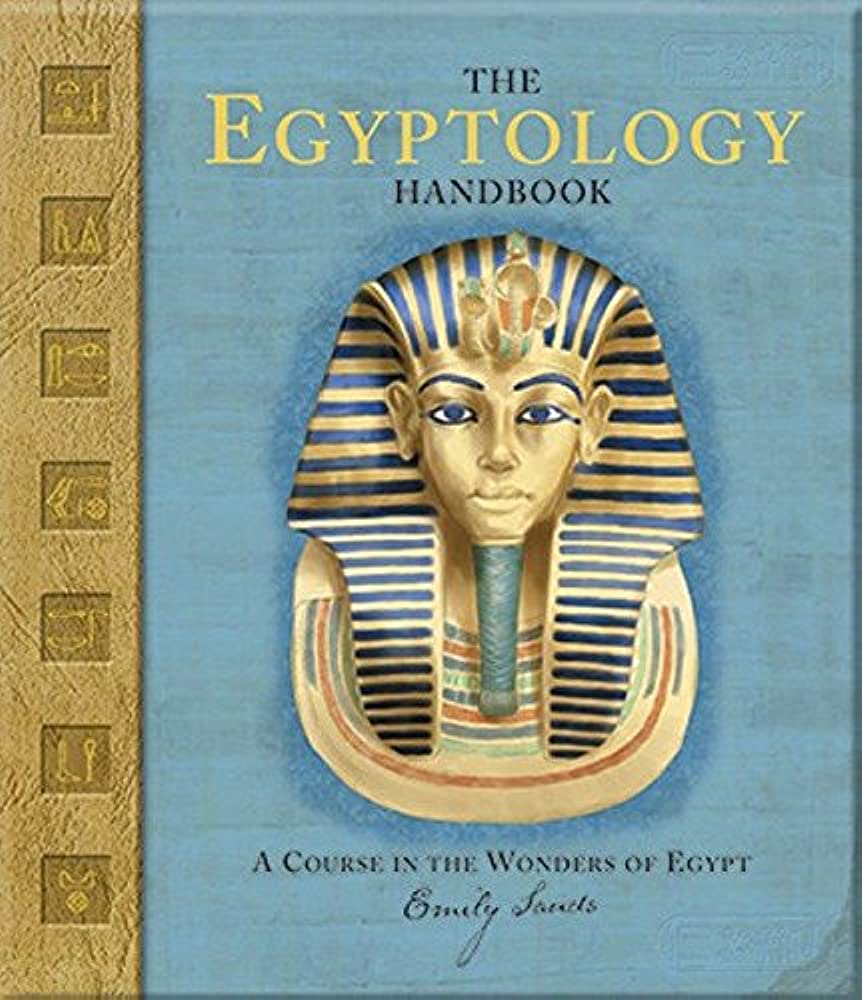Egyptology is the scientific study of ancient Egyptian history, language, literature, religion, and art from the fifth millennium BC until the end of the Roman period in AD 395. It is a relatively new field that combines anthropology, archaeology, history, and linguistics.
The study of Egyptology can be traced back to Napoleon’s expedition to Egypt in 1798-99. French scholars such as Champollion and Rosellini began to decipher hieroglyphs and other ancient Egyptian texts. In the 19th century, British archaeologists such as Flinders Petrie excavated extensively in Egypt, unearthing many important artifacts and sites.
Today, Egyptologists work at museums and universities all over the world. They use a variety of techniques to learn about ancient Egyptian civilization, including studying archaeological remains, analyzing texts written in hieroglyphs or other languages used by the Egyptians (such as Coptic), and using radiocarbon dating to determine when certain objects or events occurred.
There are many different aspects of Egyptian civilization that can be studied through Egyptology. These include religion (the beliefs and practices of the ancient Egyptians), art (including architecture, painting, sculpture), language (hieroglyphs and other scripts used by the Egyptians), literature (including religious texts like the Book of the Dead), science (egyptian astronomy etc.), music (harpsichords were found in royal tombs!) social structure (including family life and gender roles).


